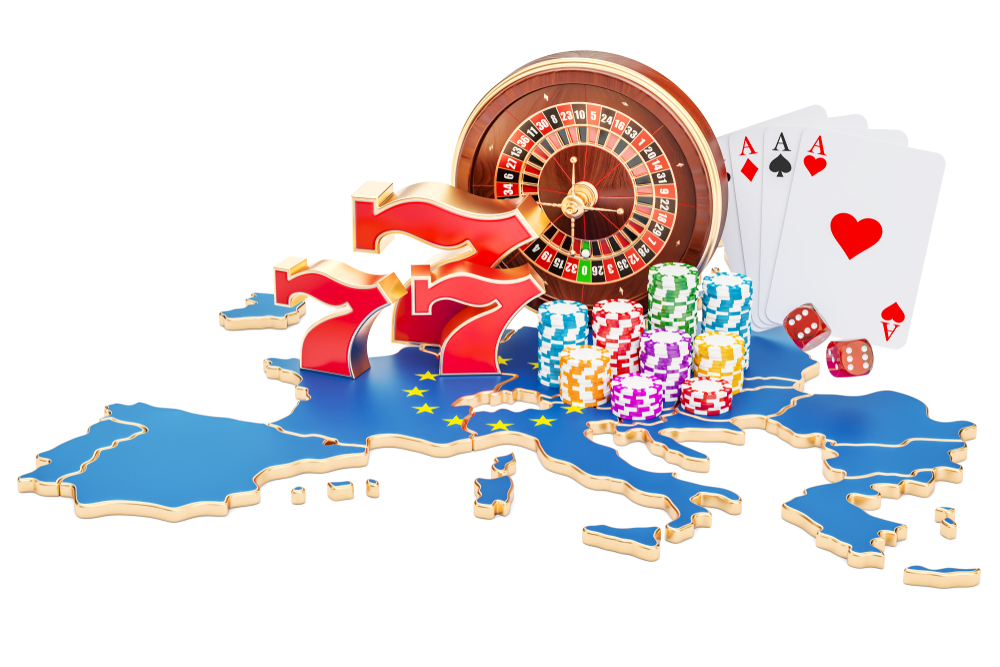 EU member states discussed the issue of gambling for the first time in 1992. The meeting was held in Edinburgh where the European Council members deliberated on how to regulate gambling activities. They agreed not to harmonise gambling activities but empower the Court of Justice of the European Union to provide rulings in gambling cases. However, in the advent of online gambling, the EU was hard-pressed to amend laws to ensure fair competition between gambling operators while protecting the consumer. As a result, various countries enforced different gambling laws within their jurisdictions. Here are examples of some countries’ gambling laws regarding bonuses and advertising.
EU member states discussed the issue of gambling for the first time in 1992. The meeting was held in Edinburgh where the European Council members deliberated on how to regulate gambling activities. They agreed not to harmonise gambling activities but empower the Court of Justice of the European Union to provide rulings in gambling cases. However, in the advent of online gambling, the EU was hard-pressed to amend laws to ensure fair competition between gambling operators while protecting the consumer. As a result, various countries enforced different gambling laws within their jurisdictions. Here are examples of some countries’ gambling laws regarding bonuses and advertising.
Sweden
The Swedish government recently enforced laws regarding age limits, taxation and the licensing process of online operators in the country. It emphasised on creating a safe process for gambling instead of creating a healthy trading environment for the operators. As a result, the Swedish government is likely to enforce strict laws regarding welcome bonuses, the initial deposit bonus and other types of bonuses offered by online casinos. The regulations were also unclear about the role of advertising, which allows casino operators to leverage on visually seductive ads to target the impulses of potential customers.
Italy
The Italian government expressly prohibits online casinos from advertising. The law came into force on 14th July 2018, though it still needed ratification by Parliament. It means that online operators cannot inform the public of their services hence, cannot conduct business. This decree is considered an abuse of the regulatory instrument of the EU law that allows operators to provide gambling services.
Germany
The German government prohibits online casino games and poker in a bid to curb gambling addiction and money laundering practices in the country. However, the European Commission claims that the German government is yet to prove that the ban helps achieve this goal. Sadly, the failure to set up laws and regulations for online gambling entices many operators to engage in an unregulated market.
